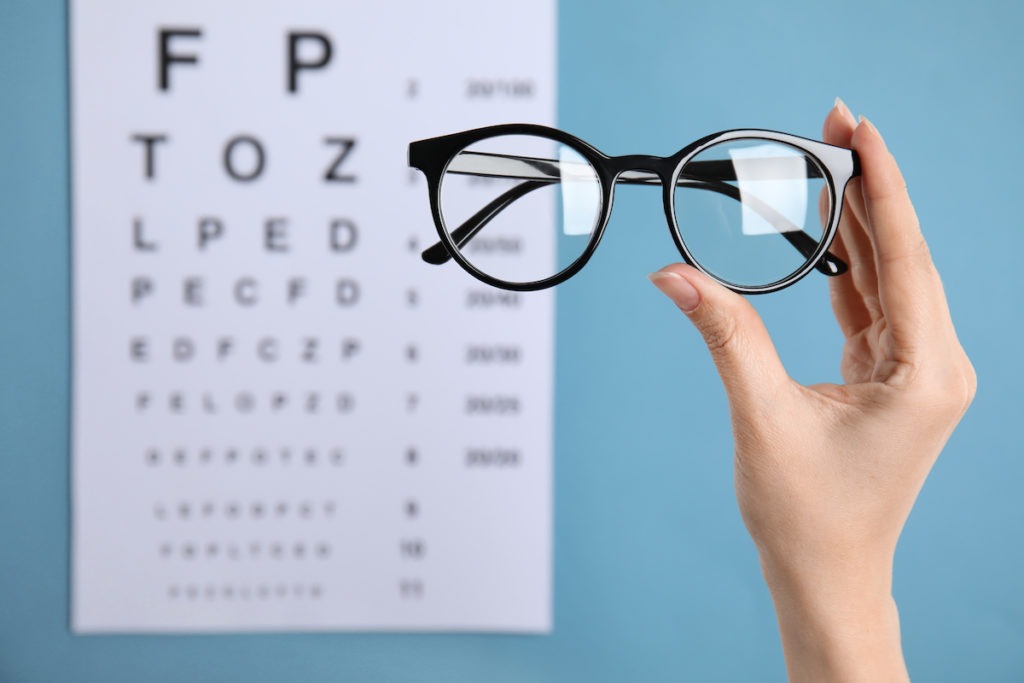Complaints against professionals are far from uncommon but receiving a complaint from your profession’s licensing board can be overwhelming. The possibility that one complaint could upend the career that you have worked for can be devastating, and you may not know where to turn first. Fortunately, your Texas optometrist license defense attorneys are here to help with the defensive tactics that you need in any disciplinary license proceedings.
Common Reasons for Complaints and Discipline Against Optometrists
Various situations can lead to complaints and discipline against optometrists. Some of the more common reasons for complaints and disciplinary action under Tex. Admin. Code §277.12 include the following:
- Fraud, deceit, dishonesty, or misrepresentation in the practice of optometry
- Negligence due to a lack of fitness or incompetence
- Conviction of a felony or a misdemeanor involving moral turpitude
- Incapacitation that could prevent the practice of optometry with reasonable skill, competence, and safety to the public
- Gross incompetence
- Willful or repeated violation of the rules or laws that govern optometrists
- Evidence of engagement in a pattern or practice of willful provision of substandard care
- Prescribing, selling, administering, or distributing a controlled substance or dangerous drug for other than an accepted diagnostic or therapeutic purpose
- Violation of provisions of a disciplinary order of the Texas Optometry Board
Complaints Before the Texas Optometry Board
The Texas Optometry Board (TOB) is the state agency that handles licensing and disciplinary matters for optometrists in Texas. Therefore, under Tex. Admin. Code §277.1, individuals can file complaints against optometrists with the TOB in person at its offices or by mail.
If the complainant is an insurance agent, insurer, pharmaceutical company, or third-party administrator, the TOB will notify the optometrist of the complaint within 15 days of receipt. Otherwise, the TOB will proceed to determine whether the complaint falls into one of the following categories:
- Non-jurisdictional – TOB will refer the complaint to the agency having jurisdiction over the complaint.
- Jurisdictional, requiring the expertise of a licensee board member to solve
- Jurisdictional, concerning matters other than those that require the expertise of a licensee board member to solve
TOB then further classifies all jurisdictional complaints into the following categories based on whether they are “high priority” or “normal priority”:
- Complaints of High Priority (evaluated for emergency temporary suspension)
- Professional misconduct
- Qualifications of applicants or licensees
- Unauthorized practice
- Other acts or the failure to act that potentially threatens the public health
- A violation of the professional standard of care
- Complaints of Normal Priority
- Advertising violations
- Violations of the Texas Optometry Act (“Act”) or Board Rules (“Rules”) resulting in economic harm
- Violations of the Act regarding notice that do not potentially threaten the public health
Disposition of Complaints by TOB
Upon classification of a complaint, an investigation-enforcement committee of the TOB will consider the complaint and decide how to handle it. The committee has various options, including:
- Dismissing the matter and taking no further action
- Sending a letter to the optometrist asking them to determine whether they are violating the Act or Rule as alleged and, if so, to cease and desist from doing so
- Conducting a further investigation
- Forwarding to the TOB a determination that a violation may have occurred and a proposed remedial plan
- Forwarding to the TOB a determination that a violation may have occurred and a recommendation that disciplinary proceedings occur
- Forwarding to the TOB a determination that someone is practicing optometry without a license or violating the Act and a recommendation to notify the attorney general or district attorney
- Forwarding findings to the Executive Director to issue a remedial plan or assess remedial penalties
Disciplinary Proceedings Before TOB
Informal Conferences
Tex. Admin. Code §277.2 governs disciplinary proceedings before TOB. Before any disciplinary sanctions occur, you have the right to attend an informal conference with TOB and show that you are in compliance with the Act and Board Rules. You have the right to defend yourself at the informal conference against the allegations you are facing with the help of your legal counsel. However, suppose you fail to appear at the informal conference. In that case, the TOB will consider your failure to appear to be an admission to the allegations and enter the recommended sanctions against you.
Contested Administrative Hearings
Click to contact our professional license defense lawyers today
TOB will refer your case to the State Office of Administrative Hearings (SOAH) if you cannot resolve the complaint through the informal conference. SOAH will assign an Administrative Law Judge (ALJ) to hear your case. The ALJ will hold an administrative hearing after service of notice and completion of any discovery request. Both sides to the dispute will have a chance to present evidence to support their position. Ultimately, the ALJ will make recommendations as to the disposition of the case.
Potential Sanctions
Complete a Case Evaluation form now
Potential sanctions in a TOB disciplinary case can range from revocation or suspension of your license to a reprimand. Other possible sanctions may include a period of probation, assessment of a fine, or imposition of a stipulation, limitation, or condition relating to continued practice. For example, these restrictions might include conditioning continued practice on engaging in counseling or completing continuing education.
Get the Advice You Need About Your Professional License
When you face the potential loss of your livelihood, you cannot risk any mistakes. Don’t try to handle such a challenging situation on your own. The optometrist license defense lawyers at Bertolino LLP, can look at your circumstances and help you devise the best strategy to protect your license. Call us today at (512) 476-5757 or get more information about us online.
Call or text (512) 476-5757 or complete a Case Evaluation form


